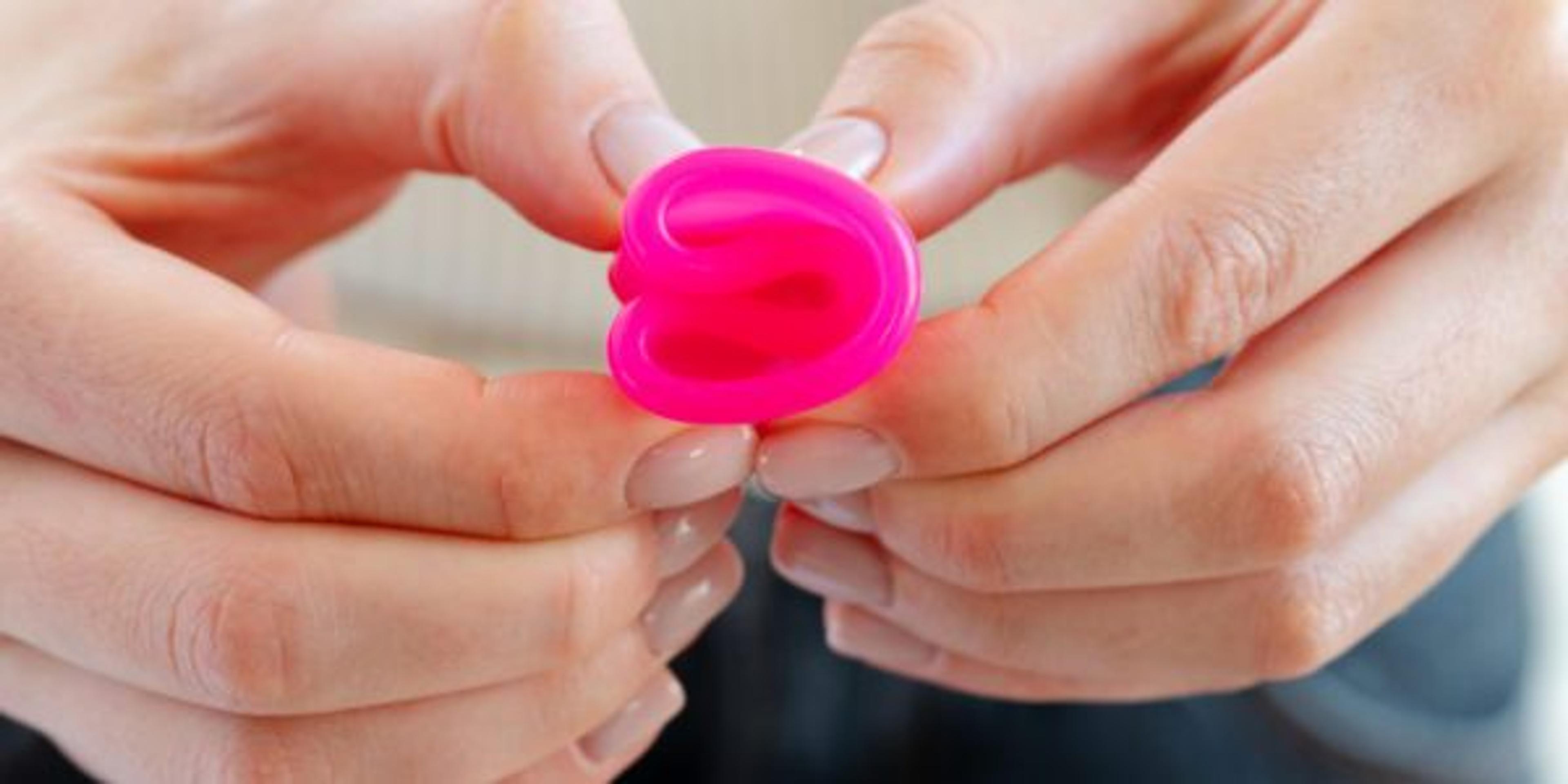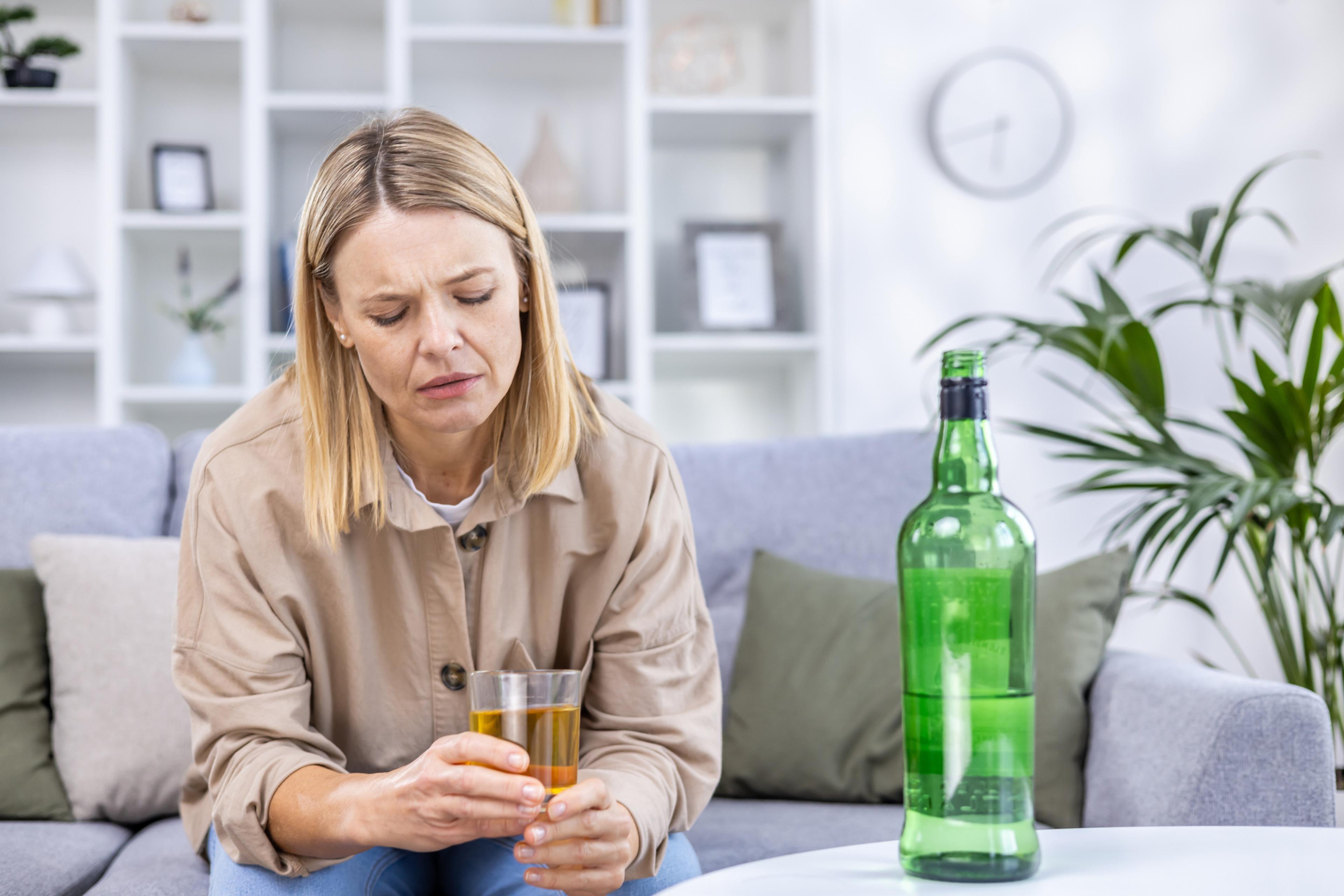Zero-Waste Ways to Manage Your Period
Shandra Martinez
| 3 min read

These days, more of us are all about looking for new ways to be eco-friendly. We switch to reusable water containers, recycle our beverage cans and bottles, and many of us even compost our kitchen scraps. But when it comes to managing our menstrual cycles, there is still a lot of waste piling up. Let’s look at some smart ways you can cut back on period waste and reduce what’s going in the trash.
When it comes to maxi pads, tampons and pantiliners, women are producing a lot of waste. The average woman will send 11,000 period products to the landfill over the course of a lifetime, according to Vogue. The majority of these products contain some kind of plastic, which makes them non-biodegradable.
As more people become environmentally conscious, some new – and revived – period products are increasing in popularity because of their green factor. Here’s an explainer of some products in the consumer spotlight these days:
Period panties. This zero-waste product looks just like regular underwear. It comes in a whole range of styles, including high-waist, bikini, boyshorts or even thongs. They contain absorbent material and can be worn in place of a tampon or sanitary pad. Period panties are washed after each day of wear, then hung out to air-dry.
Reusable period pads. These look like a maxi pad but are designed from layers of cloth. They are made to fasten onto underwear similar to a disposable pad, but these reusable pads can be washed, dried and reworn many times. With no plastic base layer, these pads are made to chafe skin less and not trap moisture, according to an article on the Zero Waste Memoirs website.
Menstrual cups. This bell-shaped cup made of silicone or latex is a vintage idea that is making a big comeback. They are worn internally in place of a tampon. Menstrual cups are inserted just like a tampon and come in a range of sizes. Once the blood is collected in the cup and then emptied, the cup can then be cleaned and used again. Some women pair these with period panties for extra protection.
Organic and biodegradable. For people who are not comfortable going the cloth or cup route, store shelves these days are filled with many new eco-friendly options. More brands are ditching plastic ingredients and making biodegradable pads, tampons and liners. Organic products are also a growing trend. They use organic cotton and other materials and stay away from harsh chemicals and fragrances. Look for them to be packaged in plain paperboard boxes, which can also be easily recycled.
Less-waste tampons. Want to take a baby step toward less waste? If you wear tampons, pick a brand with either a cardboard applicator that’s easily biodegradable, or one with no applicator. Whichever type you choose, you’ll be cutting back on the amount of leftover plastic applicators going into the trash.
Related:
Photo credit: Getty Images





